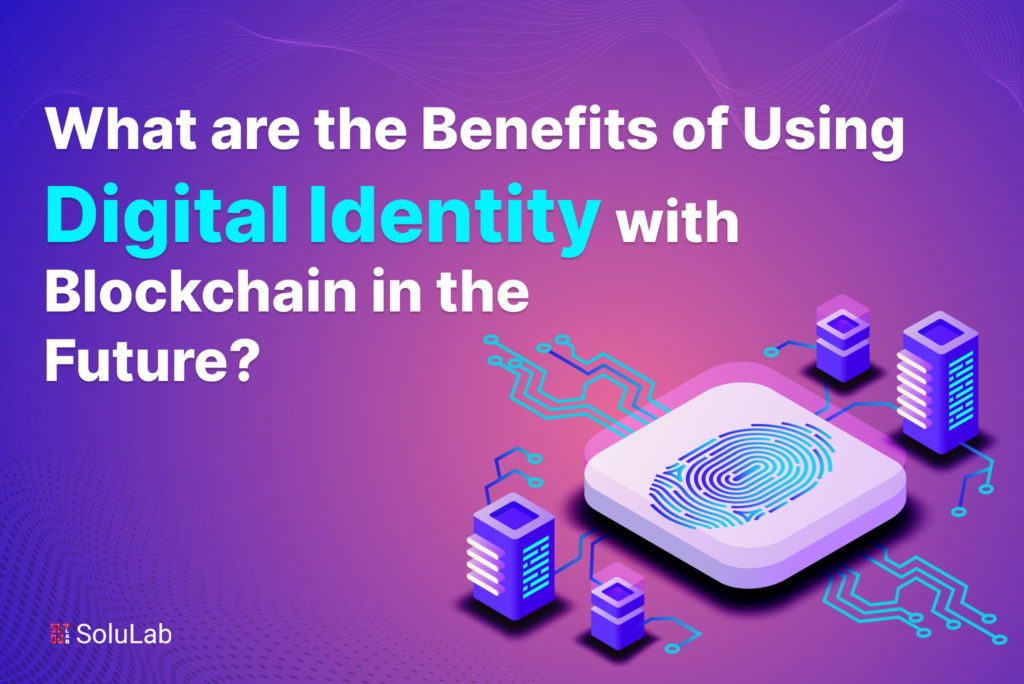
Empowering Security: Blockchain’s Role in Digital Identity
The growing digitization of personal information and the increasing frequency of cyber threats have heightened the need for robust digital identity solutions. Blockchain technology, known for its security and transparency, is emerging as a key player in redefining how we manage and secure digital identities.
Blockchain and the Foundations of Digital Identity
In the realm of digital identity, trust and security are paramount. Blockchain’s decentralized and tamper-resistant nature provides a solid foundation for digital identity management. Each piece of information is cryptographically secured in a block, creating an immutable and transparent record.
Enhanced Security through Decentralization
Traditional identity management systems often centralize sensitive data, making them attractive targets for cyberattacks. In contrast, blockchain distributes data across a network of nodes, minimizing the risk of a single point of failure. Decentralization enhances security by reducing vulnerabilities and the likelihood of unauthorized access.
Immutability: Guarding Against Identity Fraud
Blockchain’s immutability ensures that once data is recorded, it cannot be altered or deleted. This feature is instrumental in guarding against identity fraud, as any attempts to tamper with the information stored on the blockchain would be immediately detected, providing a higher level of trust in digital identities.
Smart Contracts for Identity Verification
Smart contracts, self-executing agreements with the terms of the contract directly written into code, bring efficiency to identity verification processes. By automating the validation of credentials and permissions, smart contracts streamline identity verification while maintaining a high level of accuracy.
User Control and Privacy
Blockchain-based identity solutions prioritize user control over personal information. Users can grant and revoke access to their data, ensuring that sensitive details are shared only with trusted entities. This shift in control empowers individuals to manage their digital identity actively.
Interoperability and Seamless Authentication
Blockchain’s interoperability allows for seamless authentication across different platforms and services. A unified digital identity on the blockchain can be utilized across various applications, reducing the need for redundant identity verification processes and enhancing user experience.
Challenges and Scalability
While blockchain holds great promise for digital identity, challenges such as scalability and integration with existing systems need to be addressed. Striking a balance between security and scalability is crucial for widespread adoption and effective implementation.
Digital Identity on the Blockchain: A Catalyst for Innovation
The integration of digital identity on the blockchain serves as a catalyst for innovation in various industries. From finance to healthcare, the ability to securely and efficiently manage digital identities opens the door to new possibilities, streamlined processes, and enhanced customer experiences.
Digital Identity on the Blockchain: Explore more
As we navigate the complexities of a digital age, the role of blockchain in reshaping digital identity management becomes increasingly evident. To delve deeper into the intersection of blockchain technology and digital identity, explore additional resources on Digital identity on the blockchain. Stay informed about the latest developments and innovations that continue to shape the landscape of secure and decentralized digital identities.




